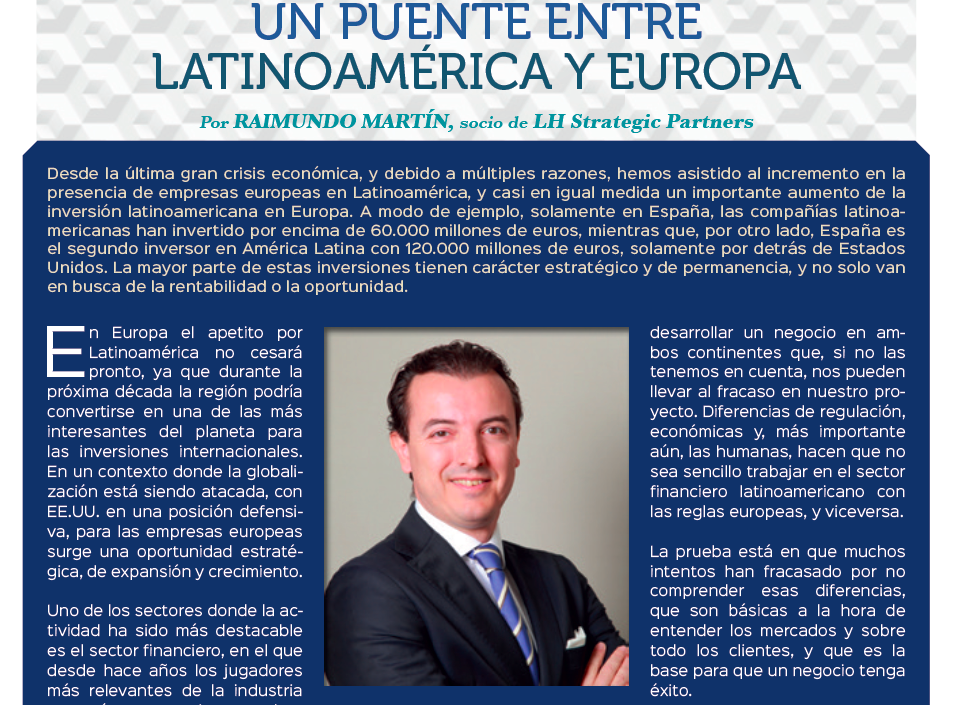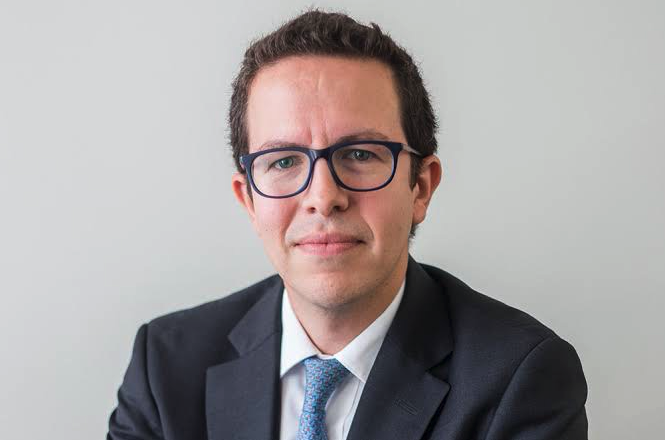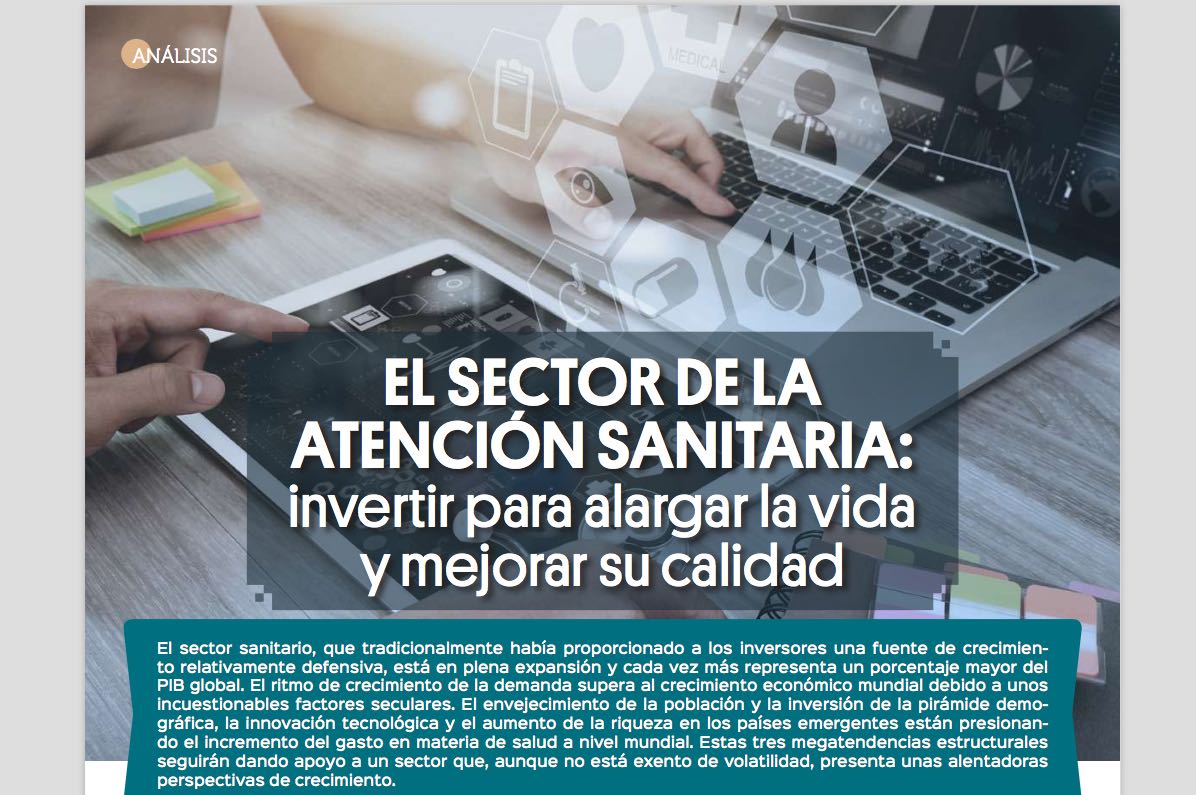Los economistas se muestran expectantes ante la aplicación de las medidas de financiación del gobierno
| Por Clara Suarez | 0 Comentarios

Tras la publicación en el BOE de la Resolución de 25 de marzo de 2020, de la Secretaría de Estado de Economía y Apoyo a la Empresa, por la que se publica el Acuerdo del Consejo de Ministros de 24 de marzo de 2020, por el que se aprueban las características del primer tramo de la línea de avales del ICO para empresas y autónomos, para paliar los efectos económicos del COVID-19, el Consejo General de Economistas aprueba las medidas tomadas, pero advierte de que estará expectante ante la forma de ponerlas en marcha.
Valentín Pich, presidente del Consejo General de Economistas, da una valoración positiva ante las nuevas medidas de financiación para las empresas afectadas por el coronavirus, pero alude a una “gravísima incongruencia”: “Es absolutamente irracional que parte de esos créditos se tengan que destinar a pagar impuestos y cuotas a la Seguridad Social, cuando resultaría tan sencillo aplazar estos pagos hasta que pase esta crisis. De esta forma el montante de los créditos solicitados se reduciría, así como los riesgos que habrá de asumir la banca y el Estado”.
En este sentido, los economistas consideran necesario tomar en consideración varias cuestiones ante la aplicación de estas medidas. En primer lugar, consideran que el establecimiento de un primer tramo de 20.000 millones resulta insuficiente, por lo que debería hacerse una ampliación de los siguientes tramos de forma automática, una vez consumido el primero. Así se evitaría frenar el proceso de inyección de liquidez para las empresas afectadas por el COVID-19.
Asimismo, subrayan que debería optarse por la máxima flexibilización posible para el cómputo de la regla de mínimos y ayudas de Estado, potestad que fue anunciada por la UE y de aplicación por cada país. “No se debería ser restrictivo en este tema”, advierten los economistas.
“El objetivo de la medida es dotar de liquidez a empresas y autónomos que se han visto afectados por el COVID-19”, recuerdan. Por ello, el destino de los préstamos avalados debería permitir, en su opinión, hacer frente a los impagados y resto de financiación necesaria por problemática ocasionada por el coronavirus, pasar deuda de corto plazo a largo plazo para poder hacer frente con tranquilidad a la postcrisis y una opción de “dinero nuevo”. Esta última permitiría a las empresas seguir operando, no solo cancelar posiciones de impagados con el banco. Es decir, que el aval no tenga como objeto únicamente la refinanciación de las deudas, incluso podría ser para acometer nuevas inversiones. Por lo tanto, destacan que “el que se destine, por ejemplo, a pagar las cargas tributarias no cumpliría con ese objetivo”.
Por otra parte, los economistas recuerdan que no está definido el criterio ni el procedimiento de concesión de los avales. Se deja a las entidades financieras la decisión de la concesión de la correspondiente financiación al cliente, de acuerdo con sus procedimientos internos y políticas de concesión y riesgos. “En consecuencia, siendo los avales limitados, queda a discreción de la entidad la concesión de avales, y más cuando no se especifican claramente los requisitos que se han de cumplir como la forma en que las empresas y autónomos van a acreditar cómo se han visto afectados económicamente por el COVID-19, lo que queda a valoración de las entidades financieras”, advierten.
Esto podría ralentizar y burocratizar la obtención de financiación y, por tanto, restar efecto a la medida. “Se deberían constituir comités de riesgo ad-hoc y procedimientos de entrada de expedientes específicos; que los bancos dediquen recursos a ello de forma específica y que desde el ICO se participe, en cierta forma, en los comités de riesgo o haya una comunicación muy fluida para velar por la rapidez del proceso, no a posteriori”, afirman desde el Consejo General de Economistas.
“Asimismo, no se establece nada en cuanto a la solicitud de garantías adicionales a la entidad financiera ni sobre la limitación de los tipos de interés de aplicar”, señalan los economistas. Además, en cuanto a los gastos, solo se indica que los gastos del aval correrán a cargo de la entidad, pero no se especifica quién pagará la comisión de gestión y administración del 0,05%.
“Deberían aprobarse medidas de subvención de los tipos de interés y coste de toda esta financiación extra como consecuencia del COVID-19”, destacan los economistas, ya que las medidas anunciadas por el gobierno no establecen ningún límite al tipo de interés a aplicar ni otros gastos.
Por otro lado, desde el Consejo General de Economistas consideran corto el plazo establecido hasta el 30 de septiembre. “En nuestra opinión, en las circunstancias actuales, el plazo debería haber sido hasta el 31 de diciembre, cuando la financiación de circulante es la clave para que las empresas retomen su actividad”, añaden.
Además, y con objeto de no perjudicar otras operaciones de financiación que pudiera tener el cliente, consideran que estos préstamos avalados en tan alto porcentaje no deben computar en el límite total de riesgos del cliente que tiene la entidad financiera. No obstante, señalan que esta medida podría ser interesante para las entidades financieras, ya que, sin esos avales y en la mala situación en la que las circunstancias dejan al tejido empresarial, sería muy difícil dar créditos actualmente. Por ello, advierten que la agilización de los trámites administrativos debería ser urgente y estar perfectamente definidos los procedimientos.
Asimismo, el Consejo General de Economistas considera que debería haber máxima transparencia a este respecto, por lo que sería aconsejable publicar en la página web del ICO los criterios de riesgos y procedimiento de las entidades financieras.
Por ultimo, los economistas señalan dos “importantes limitaciones” para pymes y autónomos incluidas en esta Resolución. Por un lado, se excluye a quienes estén en situación de morosidad a 31 de diciembre de 2019. Por otro lado, tampoco pueden beneficiarse de la misma las pymes y autónomos sujetos a un procedimiento concursal a fecha de 17 de marzo de 2020. “Esta limitación (para personas y entidades que se encuentran en situación de vulnerabilidad económica) puede ser la puntilla para una parte considerable de pymes y autónomos”, subrayan.
No obstante, desde el Consejo General de Economistas “valoran positivamente el esfuerzo realizado para inyectar liquidez a las empresas afectadas por esta crisis”, y aseguran confiar en que las próximas medidas para la puesta en marcha de forma efectiva de esta línea de avales, y de las siguientes, irán en línea con los puntos expresados.














